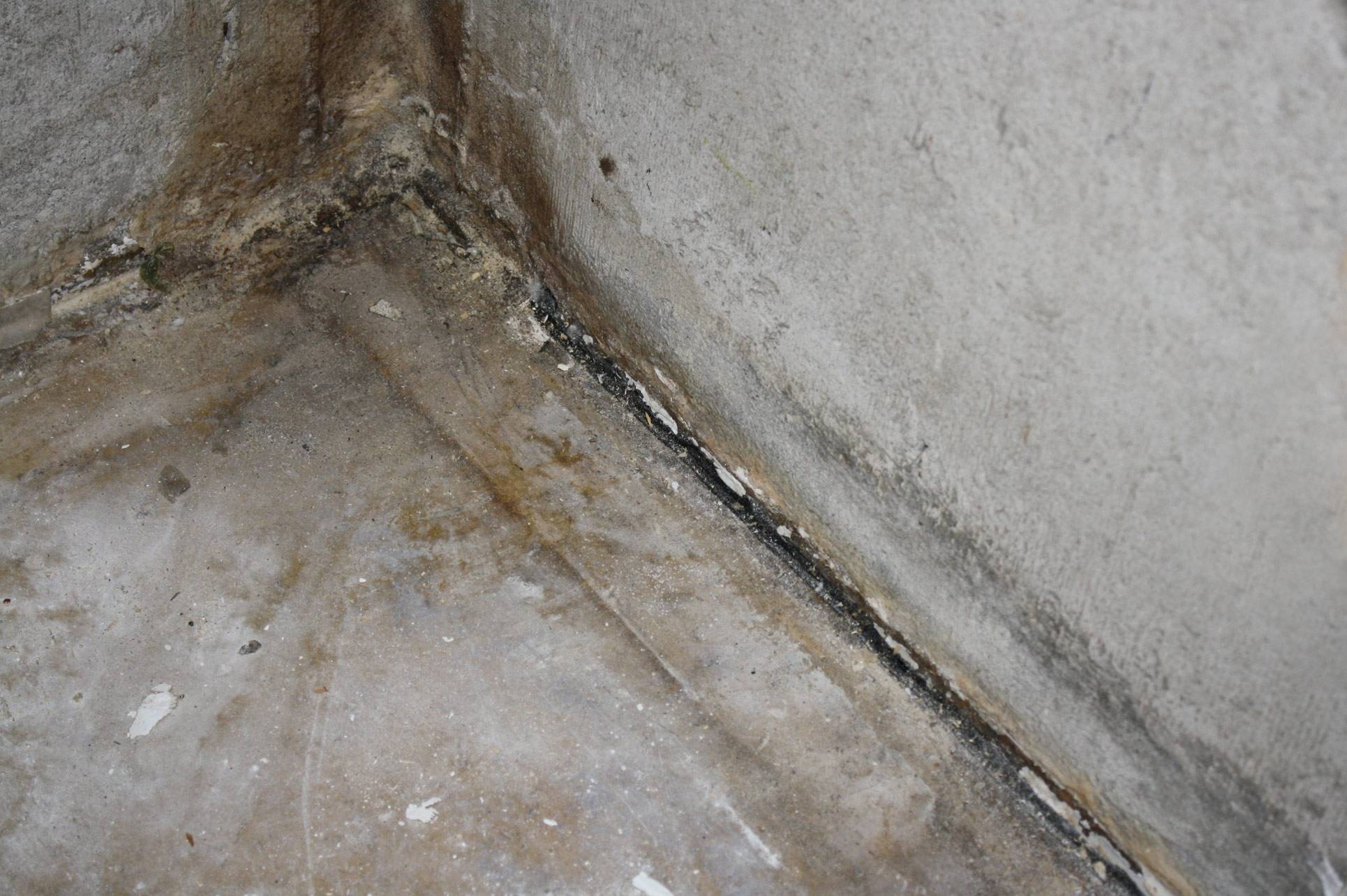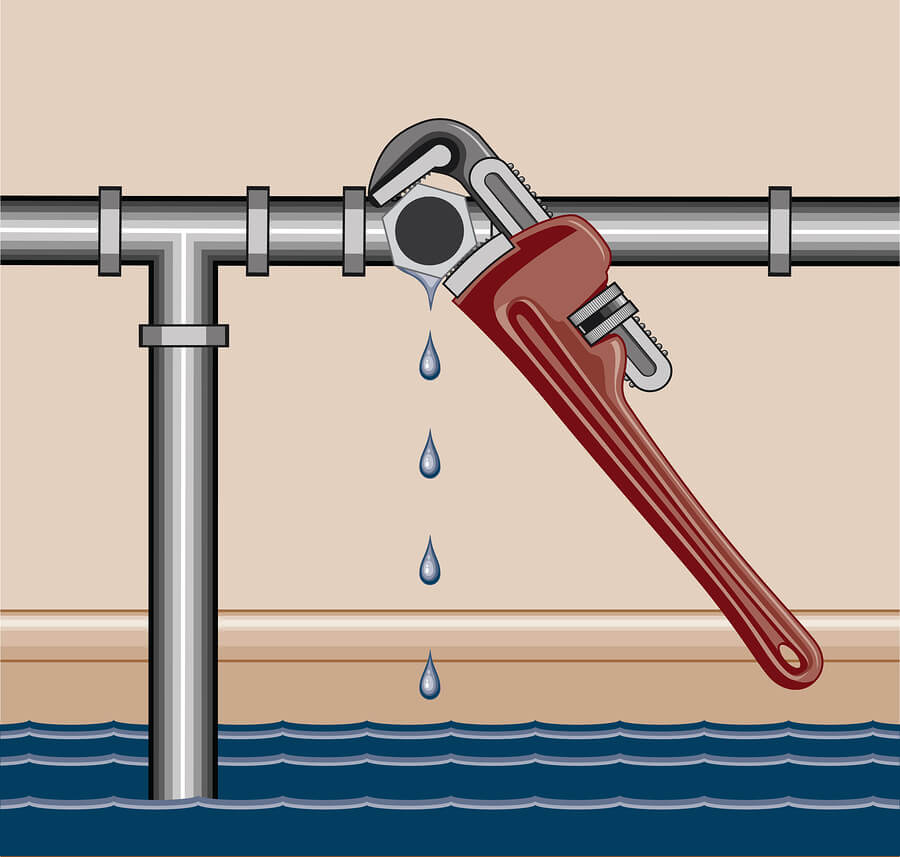Each person will have their private piece of advice when it comes to Common Water Leaks In House.

Leakages not just trigger waste of water but can additionally create unnecessary damages to your house as well as promote undesirable organic development. By comprehending and looking for everyday scenarios that trigger leakages, you can secure your home from future leakages and unnecessary damages.
Trespassing origins
Many water leakages start outside your house instead of inside it. If you observe an unexpected decrease in water pressure, claim in your tap, require time to head out as well as analyze your yard. You could notice damp patches or sinkholes in your lawn, and that may mean that tree roots are attacking water lines triggering water to permeate out. You can have your plumber check for breach, especially if you have trees or bushes near your residential or commercial property.
Rusty water systems
This could be the reason of discoloration or warping on your water pipes. If our plumbing system is old, think about changing the pipes because they are at a higher danger of rust than the newer designs.
Defective Pipe Joints
Pipeline joints can degrade over time, resulting in water leakages. If you have loud pipes that make ticking or banging sounds, particularly when the hot water is turned on, your pipeline joints are possibly under a lot of pressure.
Immediate temperature level changes.
Severe temperature level changes in our pipes can create them to broaden and get suddenly. This expansion and also tightening may create fractures in the pipes, specifically if the temperature are listed below freezing.
Poor Water Connectors
At times, a leakage can be triggered by loosened pipes and pipelines that supply your devices. More often than not, moving is what causes the loosened water Connections. You may find when it comes to a washing machine, a tube might spring a leak because of shaking during the spin cycle. In case of a water connections leak, you may see water running directly from the supply line or pools around your appliances.
Obstructed Drains
Clogged drains pipes could be frustrating and inconveniencing, yet they can often wind up creating an overflow bring about break pipes. Maintain getting rid of any type of products that might drop your drains that could obstruct them to stay clear of such inconveniences.
All the above are causes of leaks but not all water leakages result from plumbing leaks; some leakages could originate from roofing system leaks. All leakages need to be fixed instantly to avoid water damage.
Leakages not just create waste of water yet can also cause unnecessary damage to your home as well as advertise undesirable natural development. By looking and also understanding for everyday situations that trigger leakages, you can shield your home from future leaks as well as unnecessary damage. Today, we will look at six leakage creates that may be creating your pipes to leak.
At times, a leakage can be created by loosened tubes and also pipes that provide your home appliances. In situation of a water links leakage, you may discover water running directly from the supply line or pools around your devices.
How To Check For Water Leak In Your Home
How To Check for Leaks
The average household's leaks can account for nearly 10,000 gallons of water wasted every year and ten percent of homes have leaks that waste 90 gallons or more per day. Common types of leaks found in the home are worn toilet flappers, dripping faucets, and other leaking valves. These types of leaks are often easy to fix, requiring only a few tools and hardware that can pay for themselves in water savings. Fixing easily corrected household water leaks can save homeowners about 10 percent on their water bills.
To check for leaks in your home, you first need to determine whether you're wasting water and then identify the source of the leak. Here are some tips for finding leaks:
Take a look at your water usage during a colder month, such as January or February. If a family of four exceeds 12,000 gallons per month, there are serious leaks.
Check your water meter before and after a two-hour period when no water is being used. If the meter changes at all, you probably have a leak.
Identify toilet leaks by placing a drop of food coloring in the toilet tank. If any color shows up in the bowl after 10 minutes, you have a leak. (Be sure to flush immediately after the experiment to avoid staining the tank.)
Examine faucet gaskets and pipe fittings for any water on the outside of the pipe to check for surface leaks.
Undetected water leaks can happen without the home or business owner even realizing. If you suspect a water leak, but not able to find the source. It is time to contact a professional water leak detection service, The Leak Doctor.
How To Find a Water Leak In Your Home
https://www.leakdoctor.com/blog/How-To-Check-For-Water-Leak-In-Your-Home_AE197.html

I stumbled upon that write up about Common Water Leaks In House when doing a lookup on the search engines. Enjoyed our write-up? Please share it. Let others find it. Thank you for your time. Don't forget to check our website back soon.
Hire A Pro